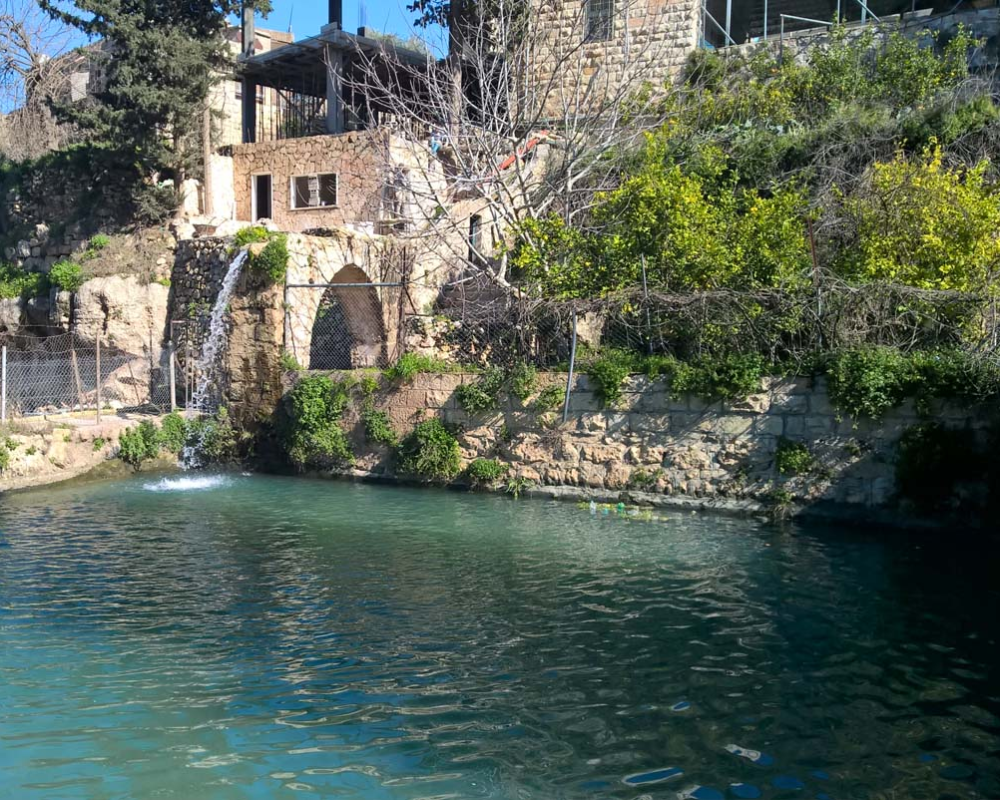
Bethlehem/PNN /
With Israel’s control over 85 percent of the Palestinian water in the occupied territories, Palestinian residents are forced to buy their water needs from the Israeli water company, Mekorot, today said a joint press release from the Palestinian Central Bureau of Statistics (PCBS) and the Palestinian Water Authority (PWA) on the occasion of World Water Day, which coincides today.
With scarce water and Israeli restrictions on access to resources, Palestinians are forced to purchase water from the Israeli water company Mekorot, they said. In 2021, they purchased what amounted to 22% of the water available in Palestine, while the rest of the water needs came from Palestinian springs, groundwater wells, and desalinated drinking water.
The PCBS and PWA said that the average Palestinian water consumption per capita is still less than the minimum recommended level globally according to the standards of the World Health Organization, which is 100 liters per day. This is a result of the Israeli control over more than 85% of the Palestinian water.
The daily allocation per capita from consumed water for domestic purposes is 86.3 liter/capita/day in Palestine in 2021 (89.0 (l/c/d) in the West Bank, and 82.7 (l/c/d) in the Gaza Strip).
By taking into account the increase in population, the high percentage of water pollution in the Gaza Strip, and calculating the quantities of water suitable for human use from the available quantities, the per capita share of fresh water is only 21.3 liters per day in Gaza Strip. When comparing this rate with the Israeli daily allocation per capita, we note that the Israeli daily allocation per capita is more than three times that of the Palestinian individual, about 300 liters per day, and this rate doubles for Israeli settlers to more than 7 times than Palestinian per capita consumption.
The amount of water abstracted from the coastal aquifer in the Gaza Strip was 192.5 million cubic meters (MCM) in 2021. However, this quantity is obtained via unsafe pumping that jeopardizes the sustainability of the source, as the basin sustainable yield should not exceed 50-60 MCM a year, where the groundwater level in the coastal aquifer reached 19 meters below sea level leading to the depletion of groundwater reserves. This led to 97% of the water pumped from the coastal aquifer in the Gaza Strip not meeting the water quality standards of the World Health Organization.
M.K.